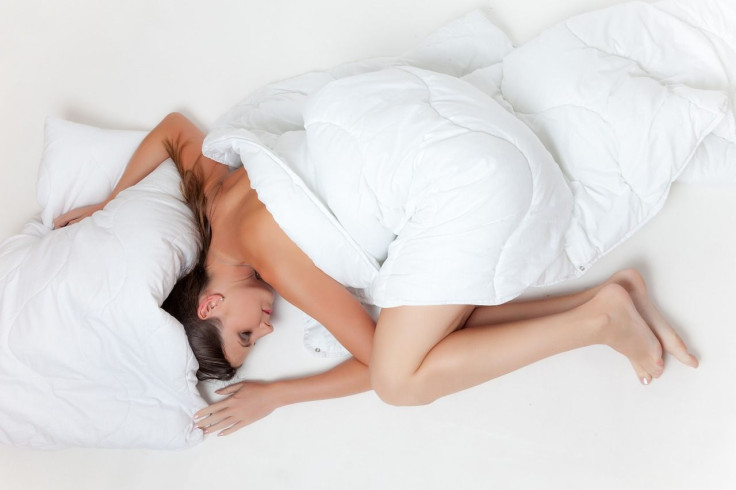Insomnia Cure Research 2017: Placebo Treats Sleep Problems As Well As Neurofeedback

Insomnia treatment may require nothing more than a placebo, a new study published in Brain suggests.
Researchers wanted to look into insomnia cures that don't require sleeping pills or other medications because few studies have been conducted on remedies that don't involve drugs, according to a press release.
For the new research, the team wanted to test whether results from previous studies which showed that neurofeedback (a measurement of brain activity) successfully treated sleep and memory problems could stand up to a double-blind, placebo-controlled study. In other words, they designed a study where some patients got treatment and others received 'fake' treament, but neither the researchers nor participants knew which was which until the study was over.
Read: 6 Science-Backed Cures For Insomnia
Thirty patients with primary insomnia were recruited for the study. They spent a night in the laboratory to rule out any other sleeping disorders. Afterwards, they stayed for an additional two experimental nights. Before and after each night, they filled out questionnaires about their sleepiness, using the Stanford Sleepiness Scale, mood, and had their alertness measured by conducting a psychomotor vigilance task. This procedure was repeated four more times. Over the course of four weeks, the subjects each spent a total of nine nights in the lab.
During those nine nights, the subjects received twelve sessions of neurofeedback therapy (training your brain functions by monitoring brain activity) and twelve sessions of placebo-feedback (real monitored brain activity feedback, but with varied frequencies).
Participants' sleep-wake cycle was assessed with sleep diaries and actigraphy using the Cambridge Neurotechnology Actiwatch, a device that tracks motor activity that's worn on the wrist.
Researchers found both the neurofeedback therapy and placebo-feedback to be equally effective, which was reflected in how the participants rated how poor or great their sleep was. The results also called into question whether previous positive findings for neurotherapy are specific to the treatment or due to other effects, like receiving attention and care from the experimenters.
“Given our results,” lead study author Manuel Schabus said in a press release, “one has to question how much of published neurofeedback effects are due to simple expectations on the side of the participants or, in other words, unspecific placebo effects.”
In their paper, the authors conclude they found no advantage of neurofeedback therapy over the placebo.
The findings could have implications around the world: More than one-quarter of the U.S. population report occasionally getting poor sleep and nearly 10 percent experience chronic insomnia, the Centers for Disease Control and Prevention reports. Globally, up to 30 percent of the general population is affected by chronic insomnia.
See also: Have Insomnia? Researchers Identify Brain Circuit Responsible For Wakefulness, Sleep
Insomnia: How The Sleep Disorder Produces Nightly Suffering And Changes Your Life
Published by Medicaldaily.com



























